The latest insights.
Insights

blog
Compliance As The Bedrock Of Tenant Satisfaction
Why the Housing Ombudsman’s warnings is an urgent call to action to solve compliance gaps, and how the right technology can help landlords do just that.

blog
The Essential Checklist: What Housing Providers Must Look for in Property Operations Software
Discover the must-have features housing providers should prioritise when choosing property operations software to boost compliance, efficiency, and resident satisfaction.

blog
Why Social Housing Providers Need Property Operations Software
Discover how property operations software helps housing providers cut repair costs, boost compliance, improve tenant satisfaction, and optimise resources.
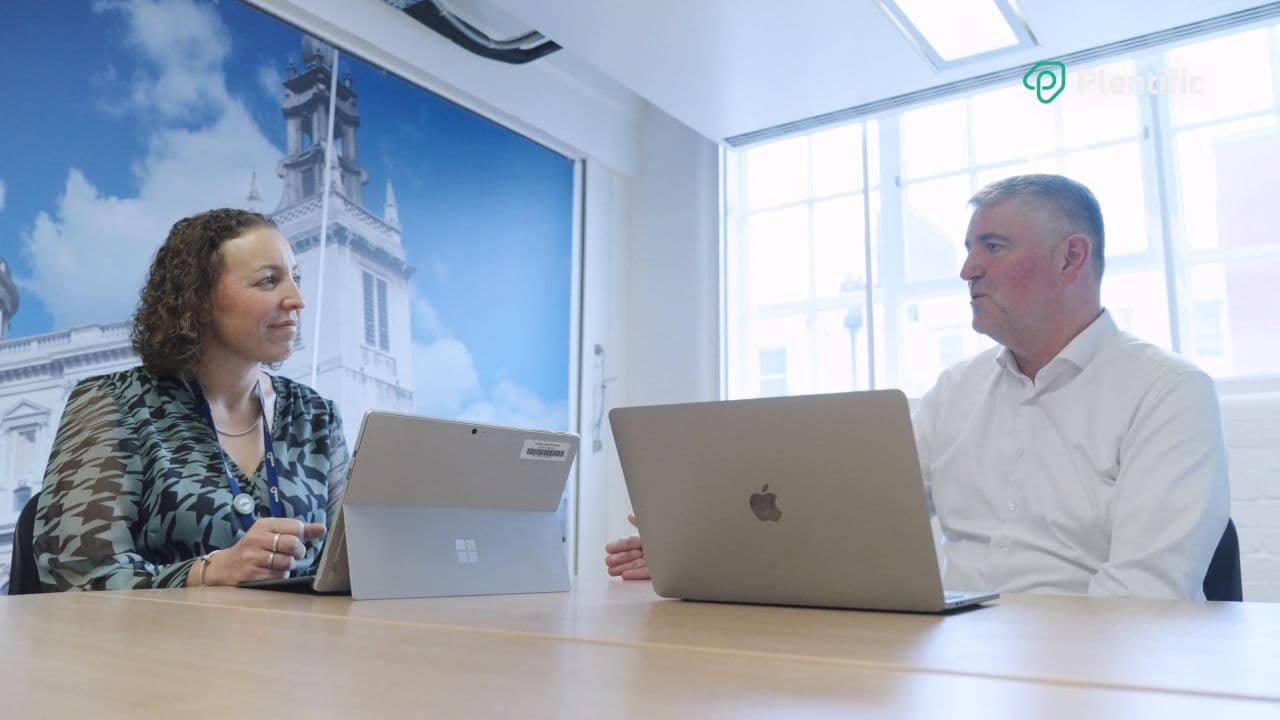
blog
Orchestrating Property Operations and Procurement on one end-to-end platform
Discover how Anchor streamlined property operations with Plentific, integrating procurement and repairs on one platform—boosting efficiency, cutting delays, and enhancing resident service.

blog
How Plentific’s Software Architecture Supports Housing Providers’ Success
Plentific's API-first platform integrates with existing housing systems, enabling real-time data sync, efficient operations, and enhanced service delivery. Learn how our architecture supports digital transformation and empowers housing providers.

blog
Bringing a Brand to Life: Connecting People, Processes, and Technology for the Future of Real Estate
Connecting People, Processes, and Technology for the Future of Real Estate at our Connect Conference

blog
How Technology Can Improve Disrepair Resolution For The Benefit of All
Disrepair in UK housing is a growing crisis, with tenants facing unsafe conditions and rising claims draining resources. Discover how AI-powered property operations software can streamline disrepair management, enhance compliance with regulations like Awaab’s Law, and improve tenant experiences. Explore the transformative role of technology in creating safer, more efficient social housing.

blog
New Technologies to Watch in Housing This Year
Emily Shaw explores the UK Government's AI push, highlighting how platforms like Plentific are transforming property operations with AI-powered tools and centralised data.
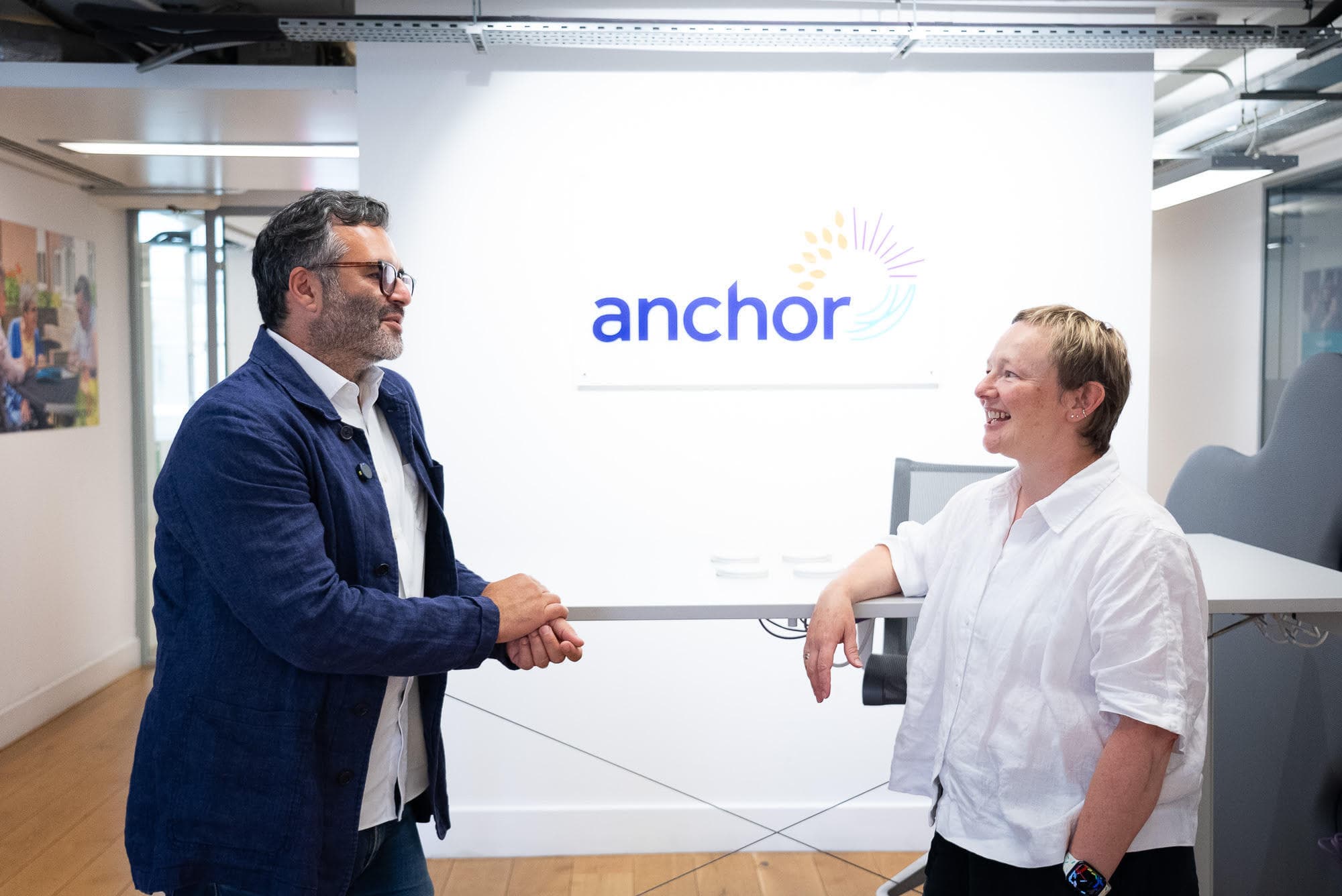
blog
Embracing the Digital Era of Property Operations: A Vision for the Future
Watch the video to discover how Plentific is partnering with Anchor to transform property operations through a real-time digital platform. This collaboration will streamline processes, enhance resident services, and drive efficiency, setting a new standard for the UK housing sector.

blog
Uniting the Ecosystem: Overcoming Data Silos in Property Management
Discover how social housing providers can overcome data silos, improve resource allocation, and enhance resident services through integrated technologies and a unified data strategy.

blog
The Benefits of Real-Time Data for Social Housing
In this blog, we talk about the key benefits real-time data has for social housing providers to ensure they maintain safe and compliant homes.

blog
Streamline Workforce Management with Plentific's Dynamic Scheduling Software
In this blog, we delve into the primary challenges faced in field service management when coordinating multiple stakeholders, project demands vary, and schedules need to be readjusted constantly.
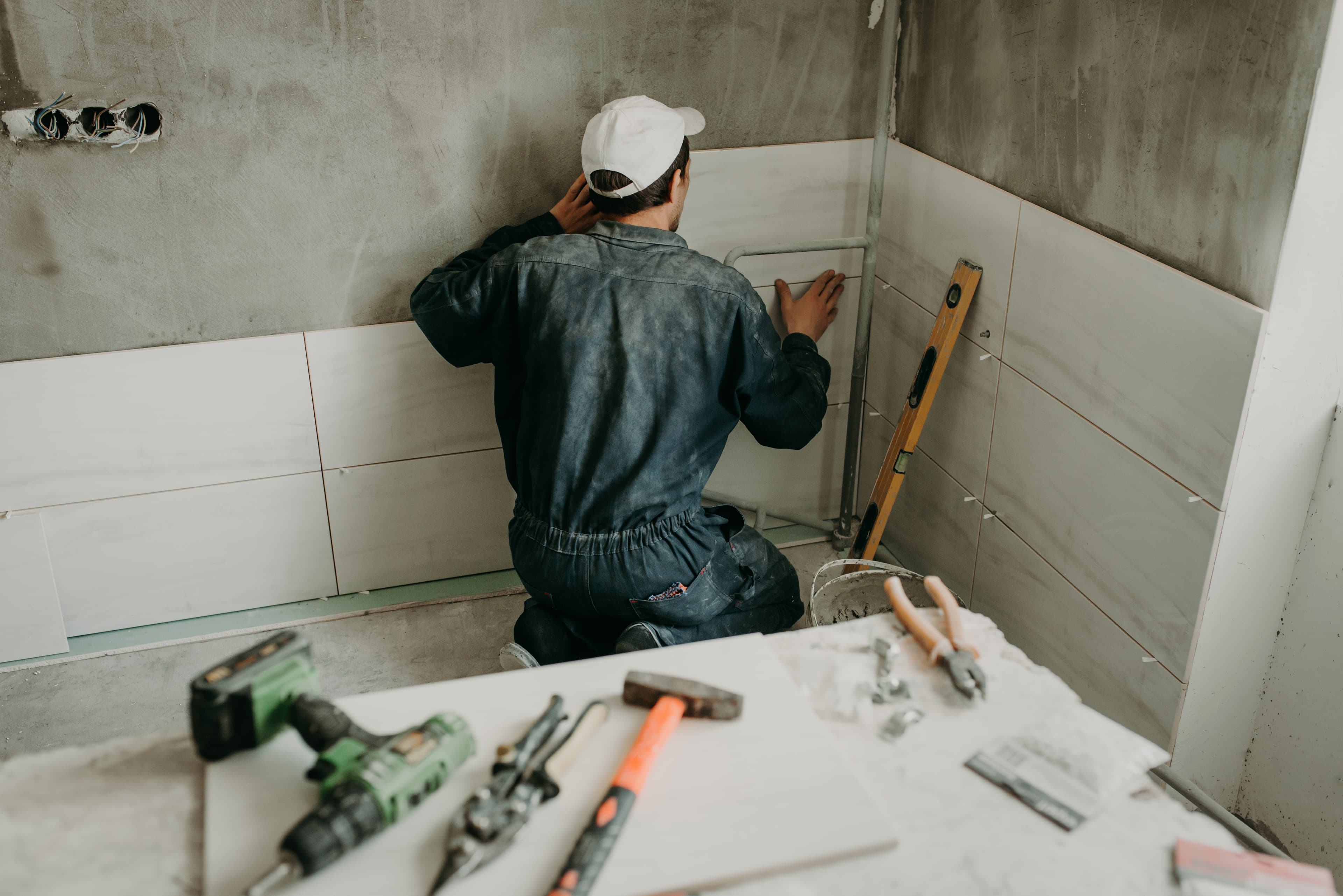
blog
Housing Disrepair: What Causes It, and How Can Landlords Fix It?
In this blog, we talk about why it's important to keep up with maintenance in UK homes. Fixing problems quickly keeps people safe, saves money, and ensures good living conditions.

blog
The Impact of Damp and Mould on the Social Housing Sector
In this blog, we talk about how damp and mould has had far-reaching impacts on the social housing sector and continues to cause harm for residents.

blog
From Fragmentation to Fluidity: The Digital Revolution in Property Supply Chains
In this blog, we delve into the primary challenges faced in property management supply chains and explore innovative ways technology can digitalise and optimise these processes.

blog
4 Tech Tactics for Navigating UK Housing Legislation in 2024 and Beyond
We explore four ways technology can bridge the gap and enhance property operations in light of the latest UK housing legislation.

blog
How to Improve Your Property Maintenance
When it comes to property maintenance, efficiency is key. Delve into the core strategies that you can use to improve and streamline your maintenance processes.
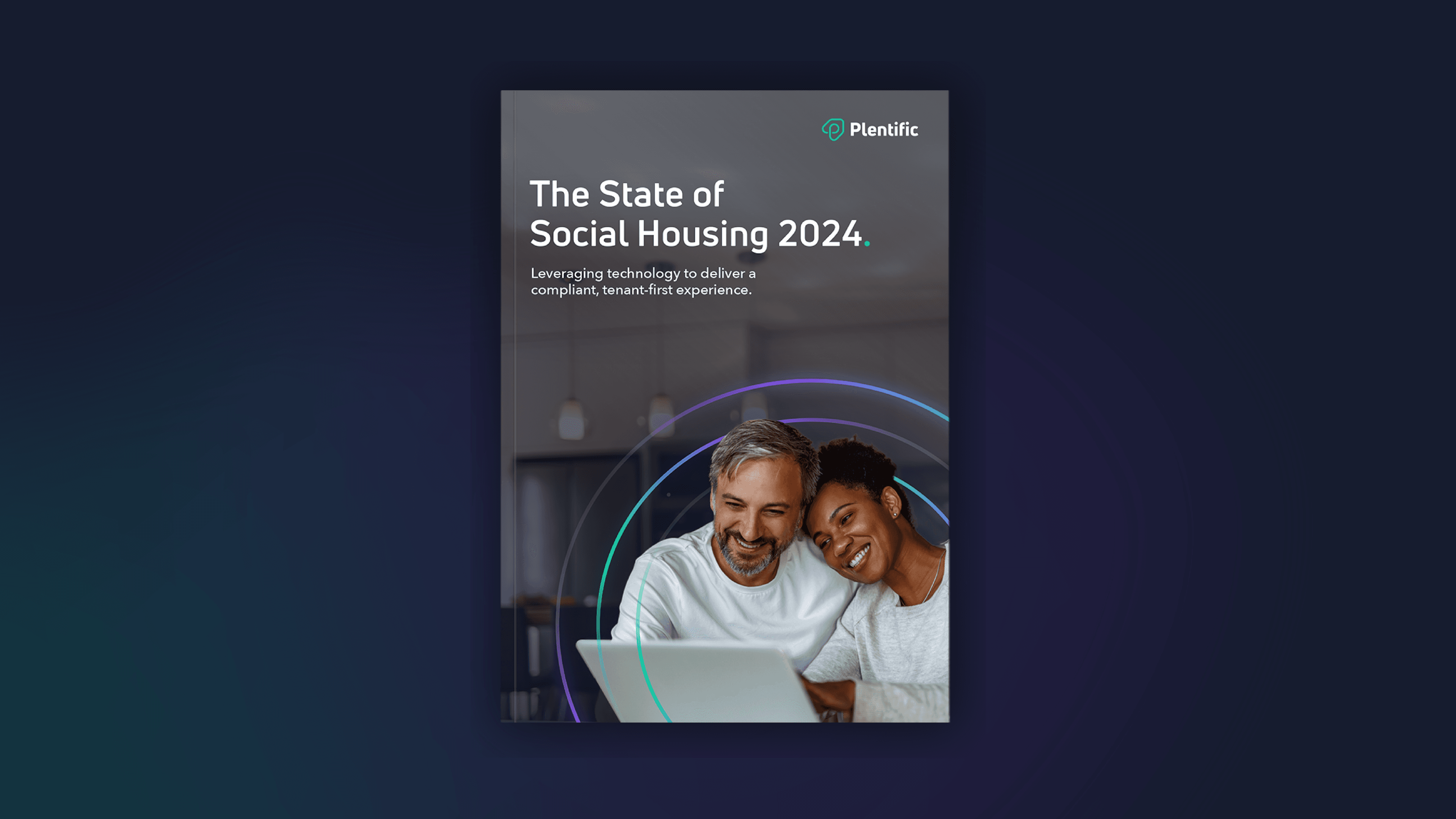
blog
The State of Social Housing 2024: Unveiling the Unspoken Realities
Providing a glimpse into our State of Social Housing 2024 whitepaper, this blog discusses critical topics such as the UK's housing shortages and regulatory challenges. It also emphasises the pivotal role of collaboration and technology in effectively addressing the housing crisis.
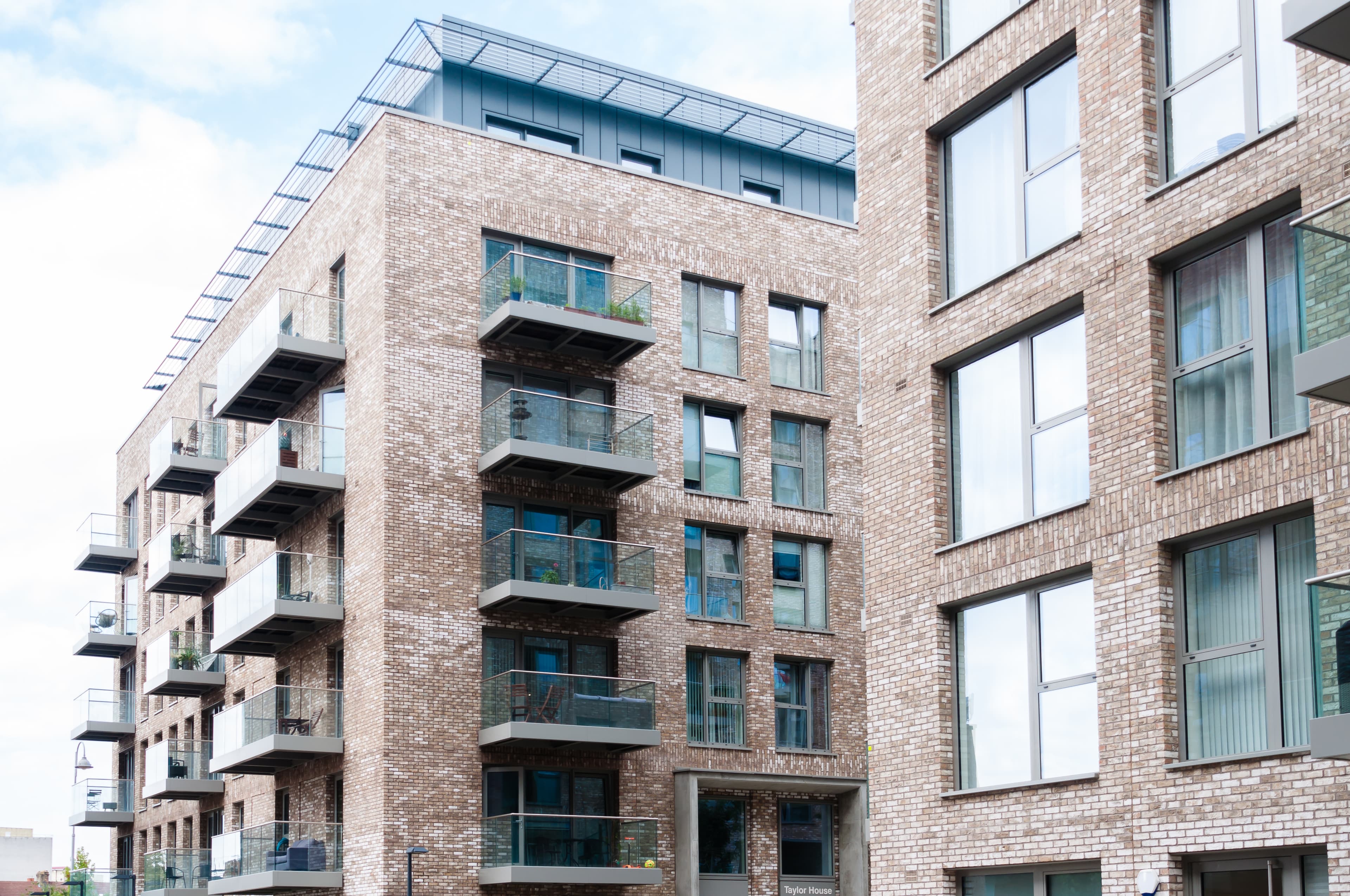
blog
Decoding the Complaint Handling Code 2024: What Housing Providers Need to Know
Explore the pivotal changes introduced by the Complaint Handling Code 2024 in our latest blog and how leveraging technology can ensure compliance success.

blog
How the cost-of-living crisis is impacting the resident experience
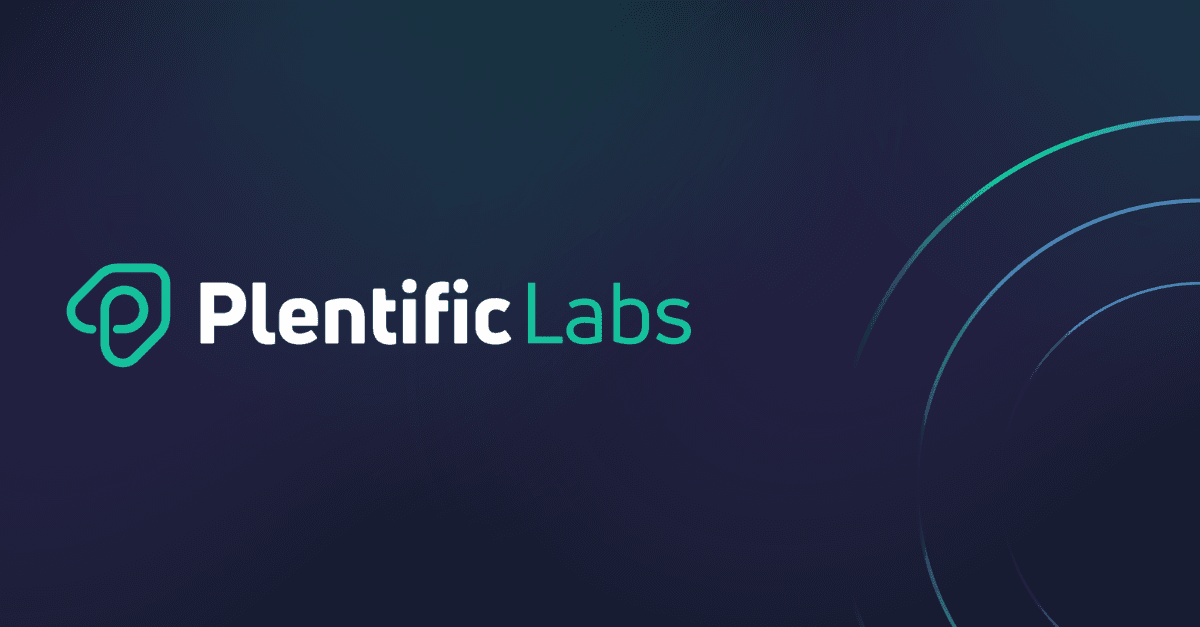
blog
An Introduction to Plentific Labs
We’re launching a new series of interactive workshops to tackle some of the biggest challenges facing housing providers head on. We call these Plentific Labs.

blog
Better Social Housing Review: How technology can drive results.
Dive a little deeper with us to find out how technology can improve some of the key themes such as data, supply chain and resident experience.
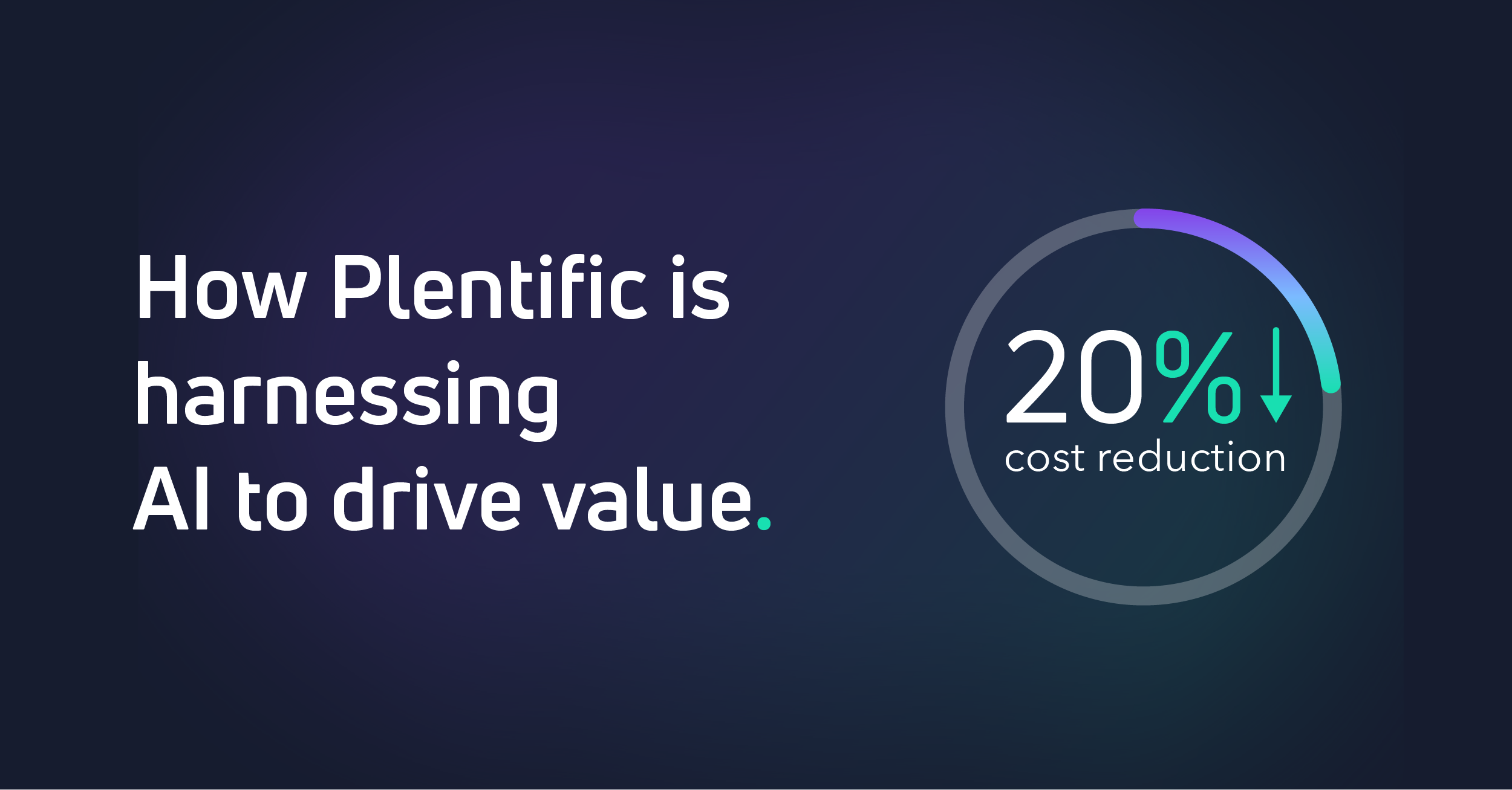
blog
How Plentific is harnessing AI to drive value at a time of inflation, increased demand and reduced budgets
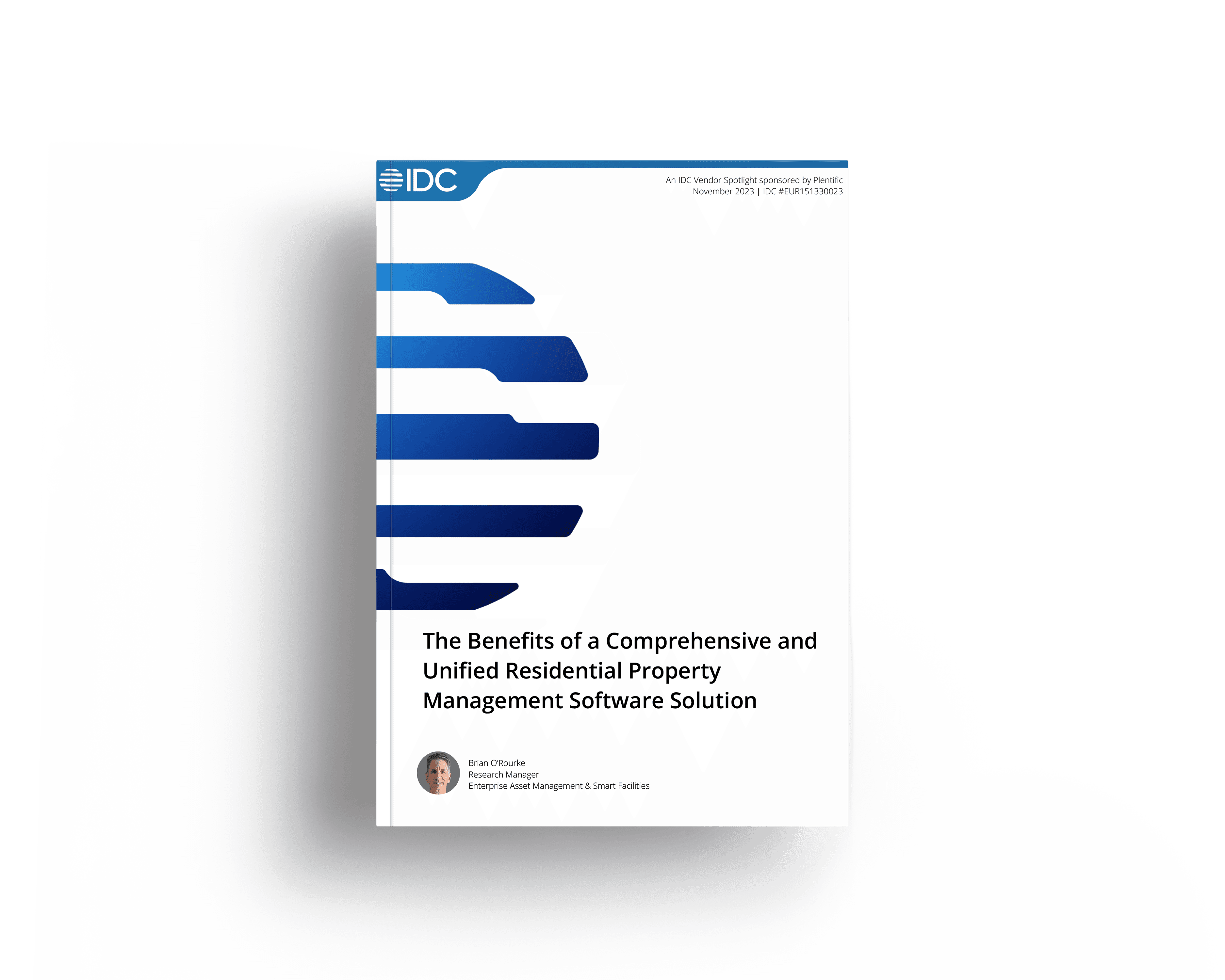
blog
Unifying residential property operations technology key to address mounting challenges
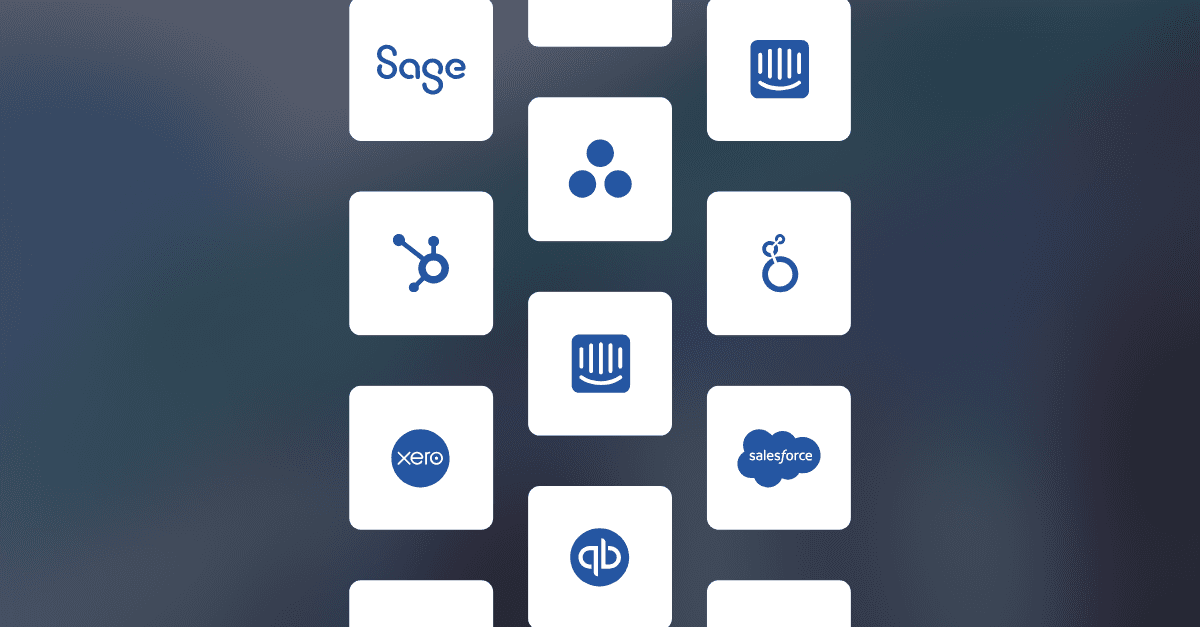
blog
Automations and connectors: indispensable tools for efficient property operations.

blog
Compliance obligations: 5 tips for property owners and managers.
It’s essential to have a proactive approach to compliance to ensure sustainable long-term adherence.

blog
Top 3 common compliance mistakes and how to avoid them
Sustainable compliance adherence is complex but with the right measures, tools, and processes, these risks can be mitigated, ensuring the safety of properties and residents.
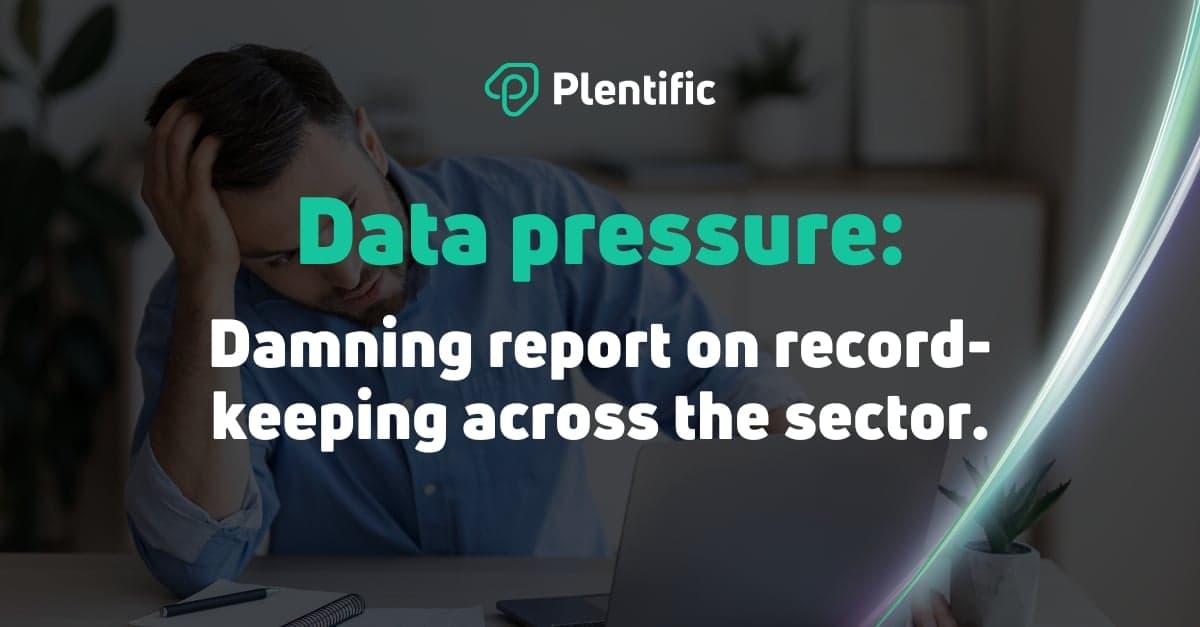
blog
Data pressure: Housing Ombudsman publishes damning report on record-keeping across the sector

blog
Plentific and OTMS - partnering to deliver frictionless property management for letting agents

blog
Let's take safety seriously by following a 4 step approach

blog
Three reasons to digitise voids
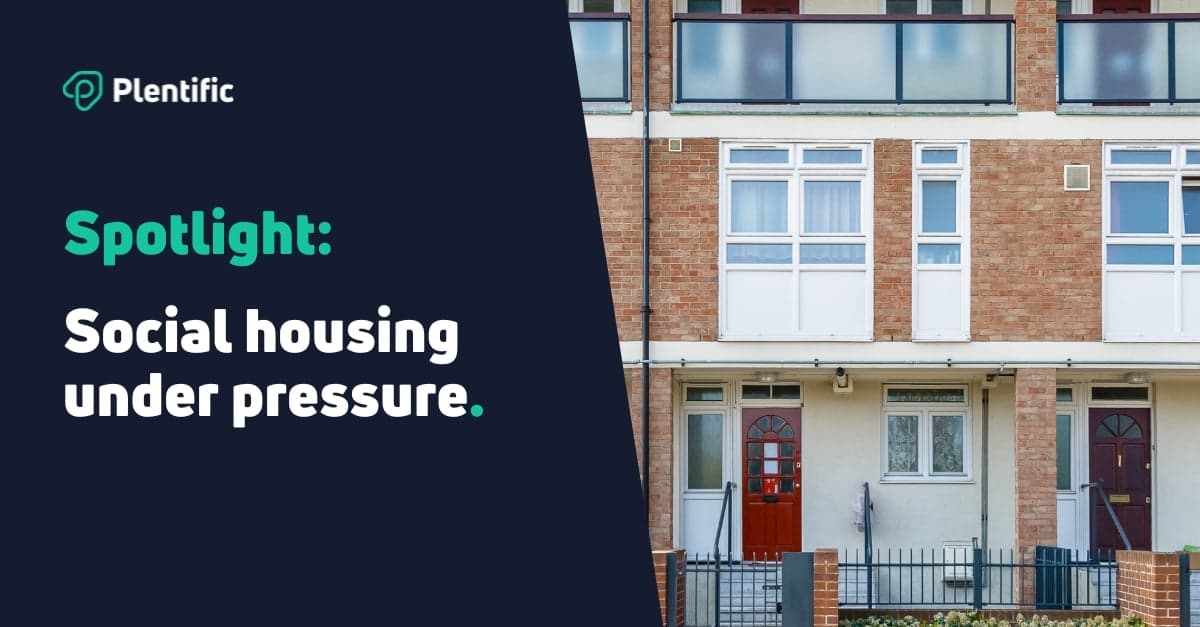
blog
Spotlight: Social housing under pressure

blog
Leading dark kitchens provider selects Plentific to provide enhanced operational excellence across its commercial kitchen portfolio

blog
Updates to smoke and carbon monoxide alarm regulations

blog
A better way to pay - Plentific adds bank transfers to its payment solutions

blog
Becoming a trusted digital partner: the importance of customer success

blog
2022 in review - Reflecting on a year of new records, product launches and global volunteering
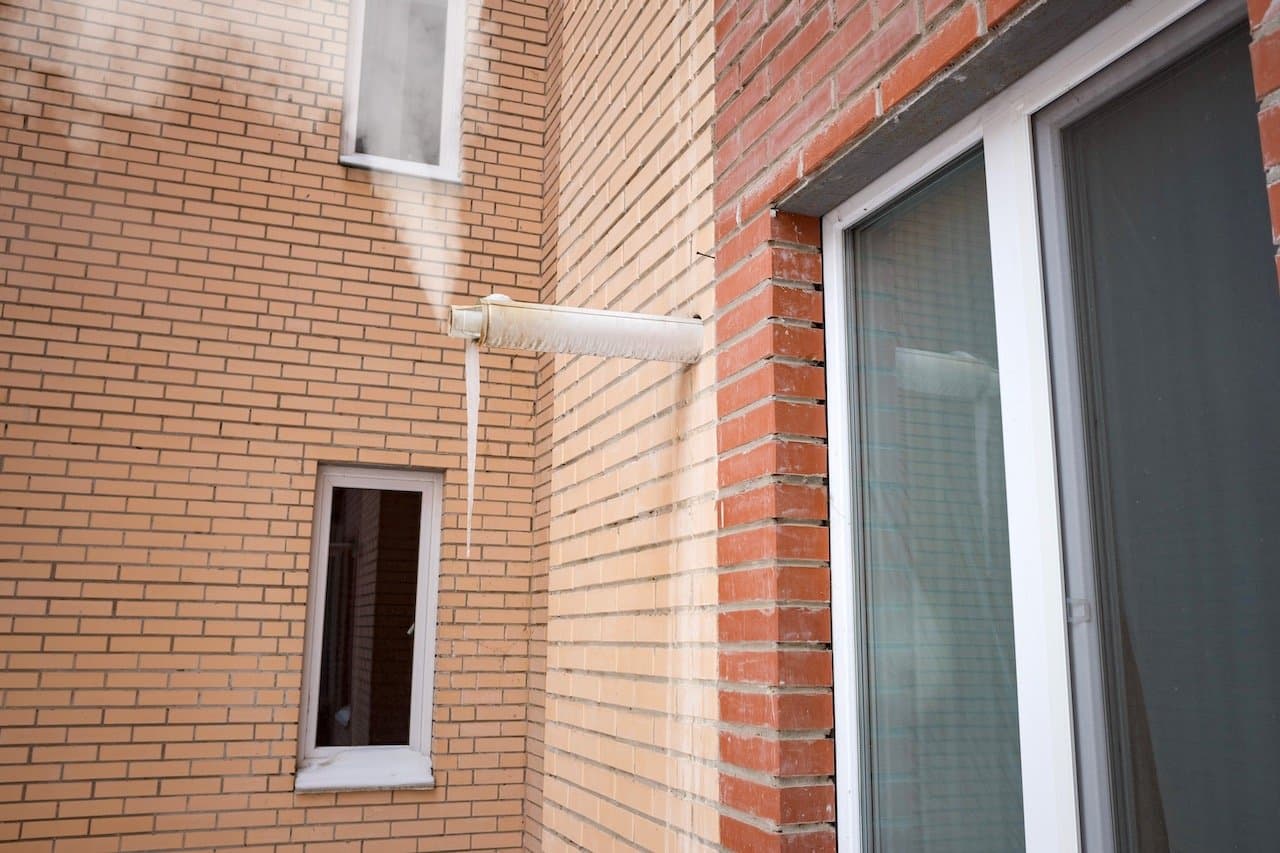
blog
How to create a lasting shield against winter this year

blog
Disrepair: we need to talk about the quiet housing crisis
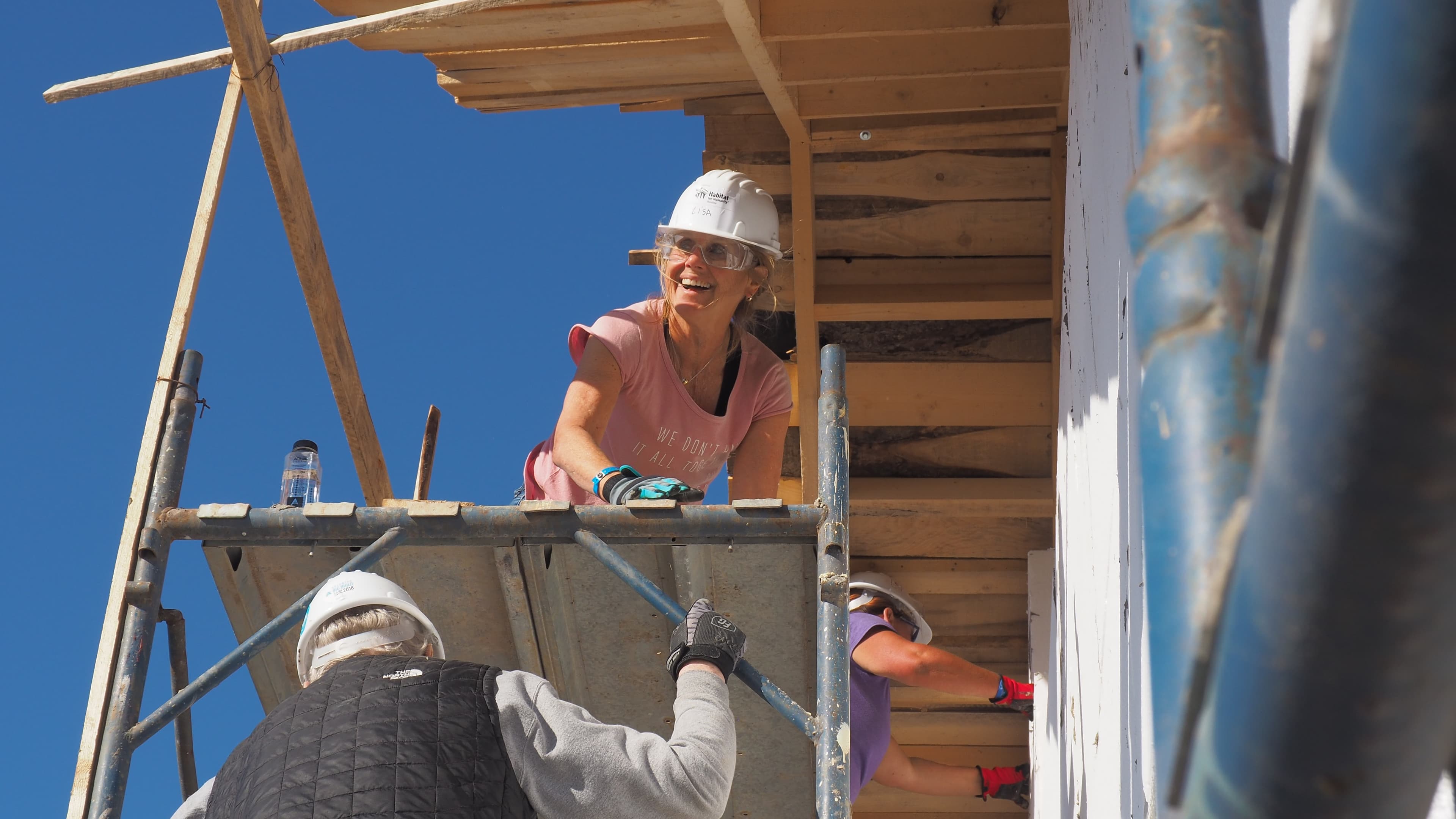
blog
Improving job security for women in the trade sector

blog
Disrepair - why should you care?

blog
The Building Safety Bill's journey to law - and beyond
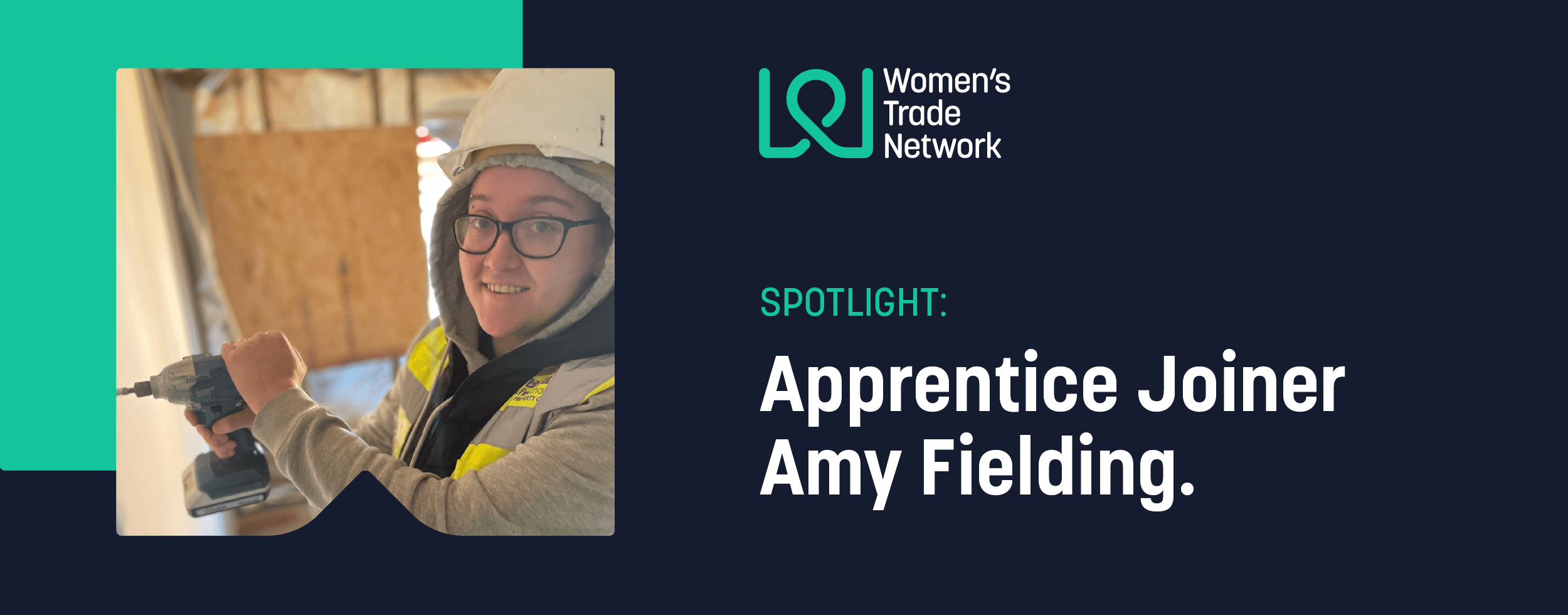
blog
Spotlight: Apprentice Joiner Amy Fielding
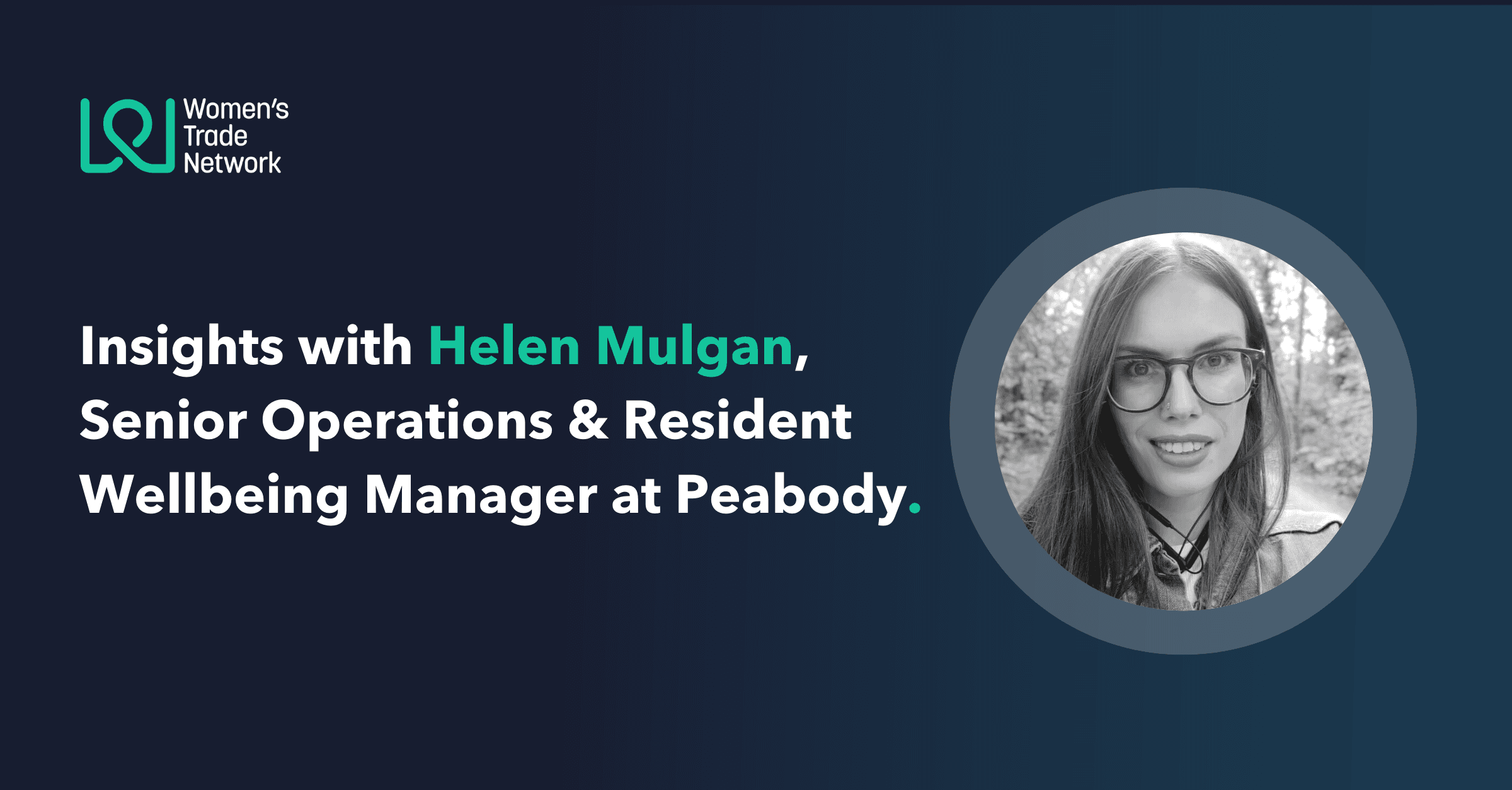
blog
Helen Mulgan: Representation and Allyship for Women in Trades
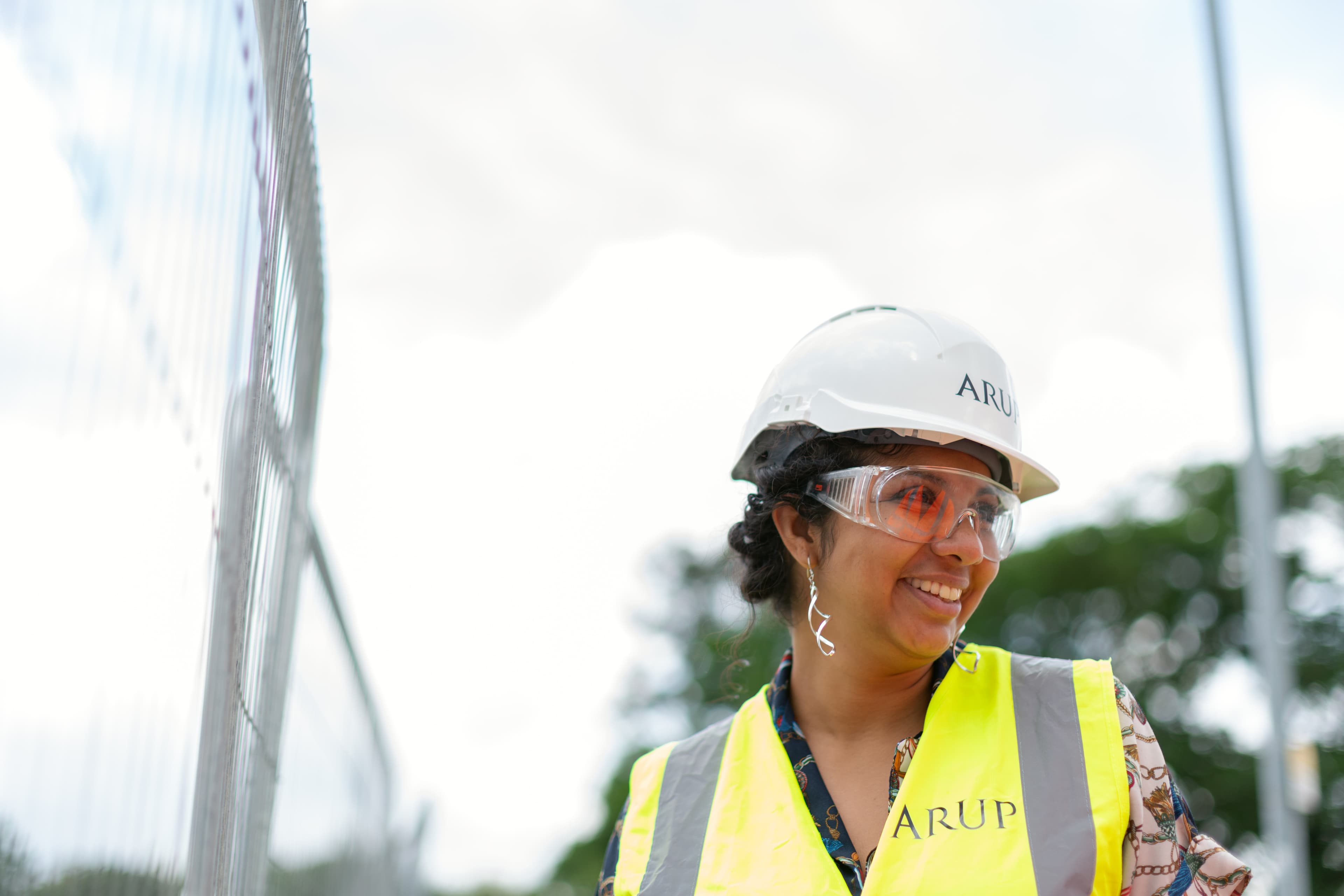
blog
7 Meaningful Steps Your Company Should Take to Support Women in Trades and Construction
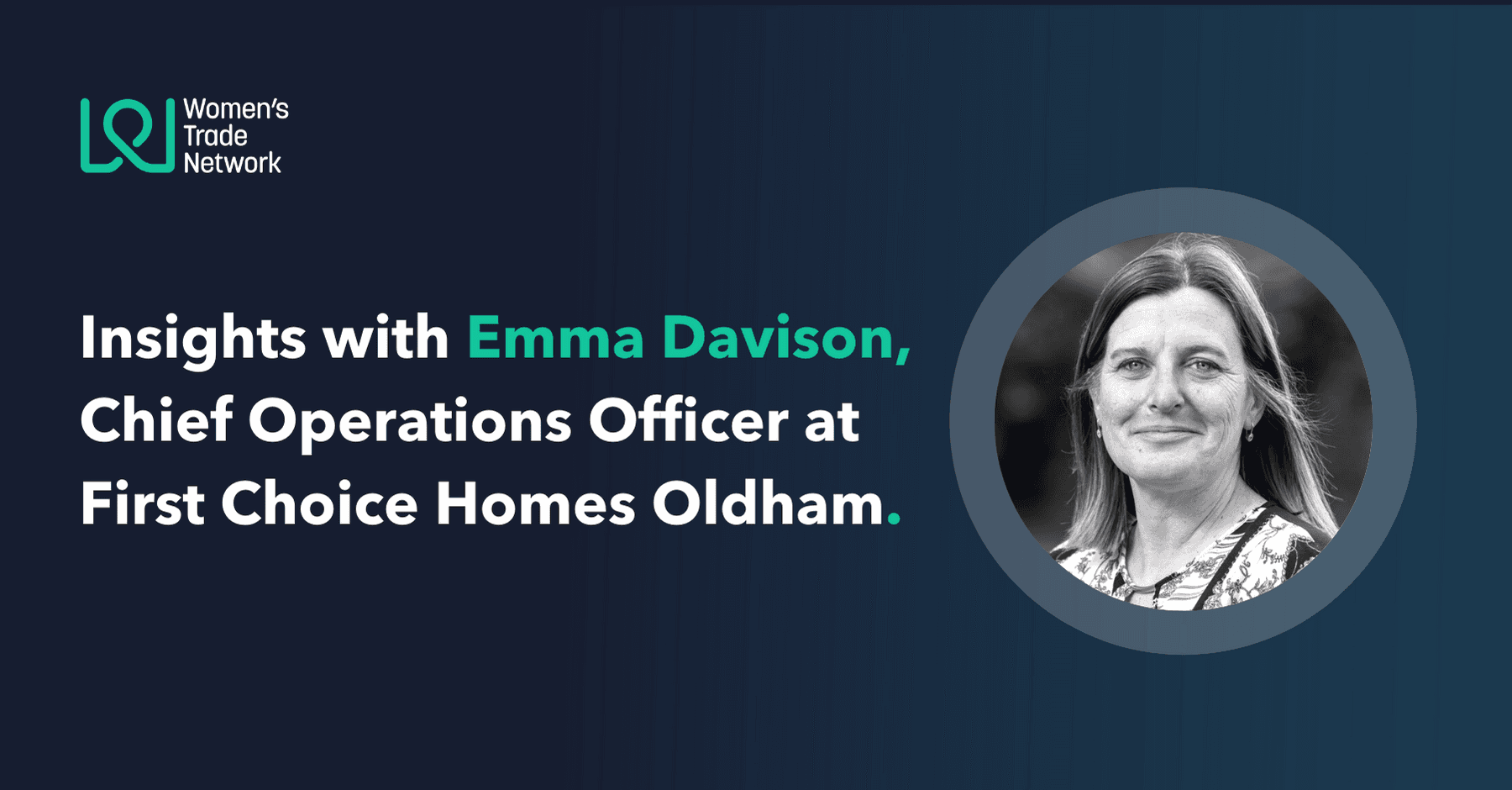
blog
Emma Davison: Creating the culture to encourage more women in trades

blog
Retrofits and PAS 2035 - What you need to know
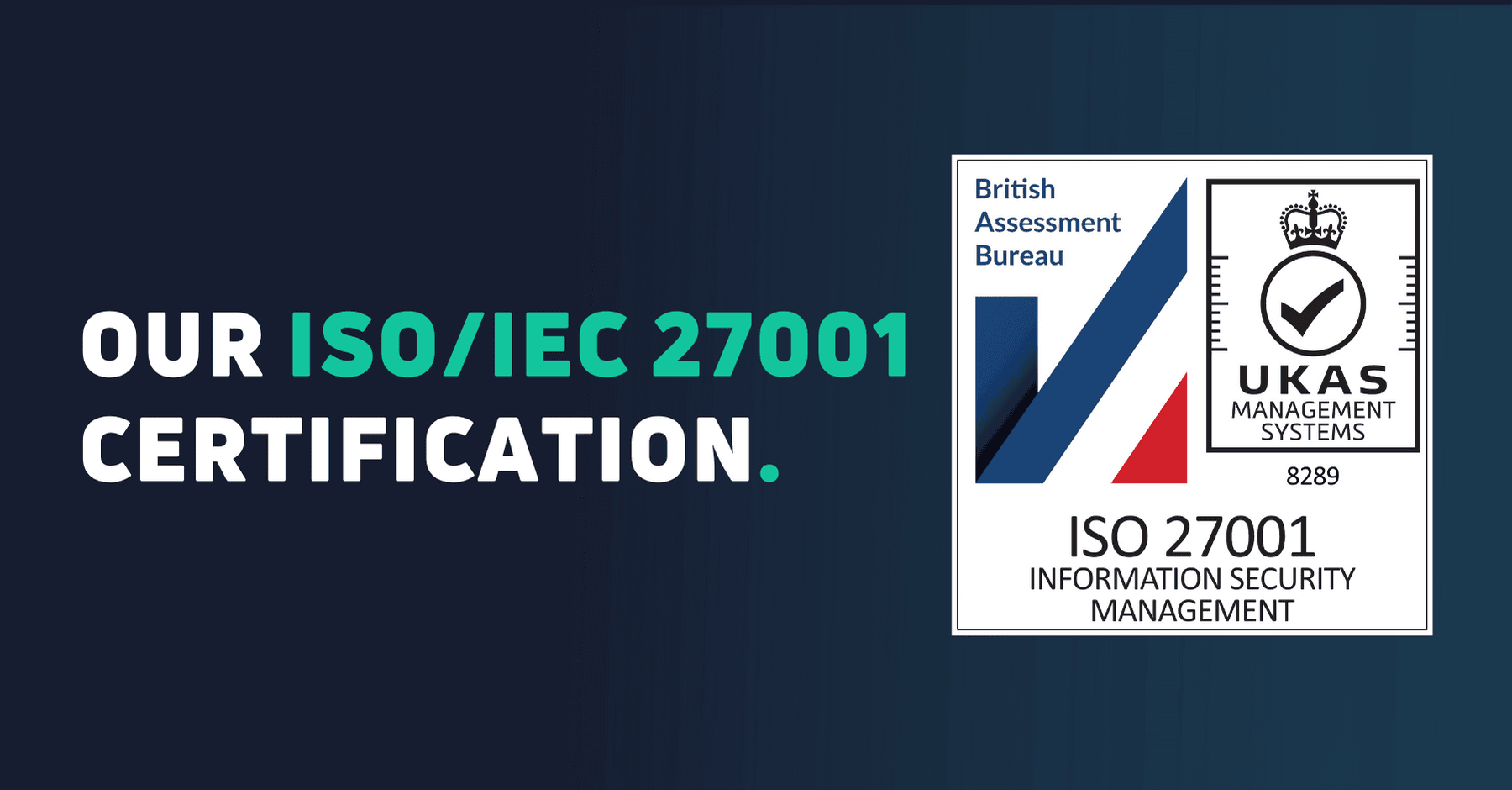
blog
ISO/IEC 27001 - Plentific Compliance

blog
Women in Trades: How to Mitigate Potential Barriers to Entry

blog
Fresh Perspectives with Tzvete Doncheva
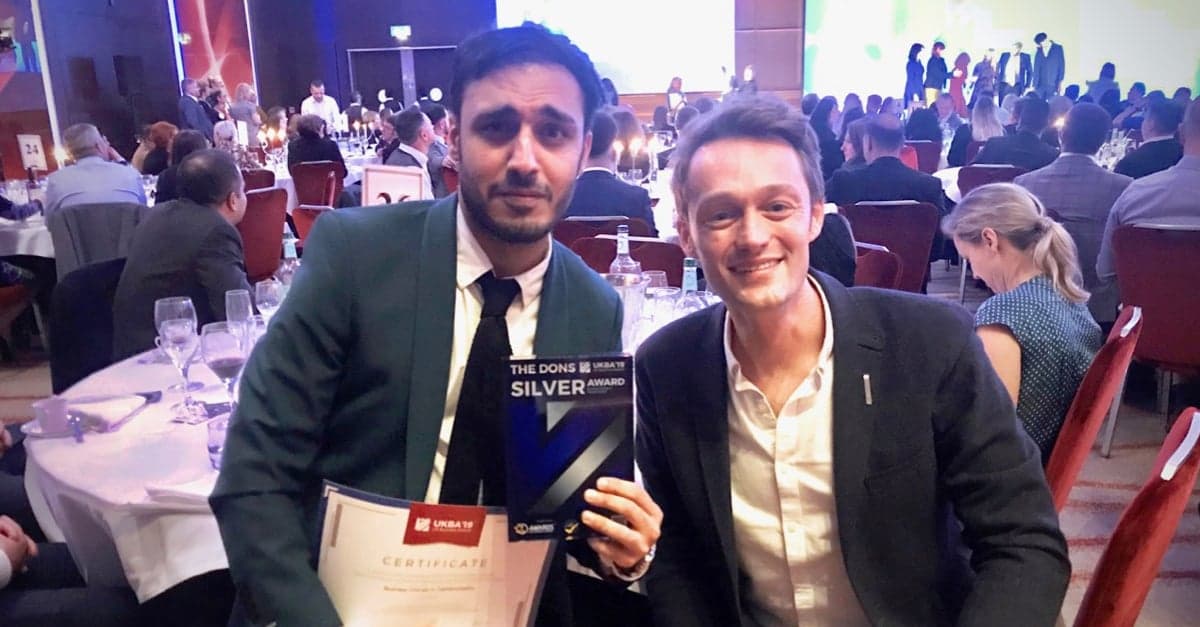
blog
